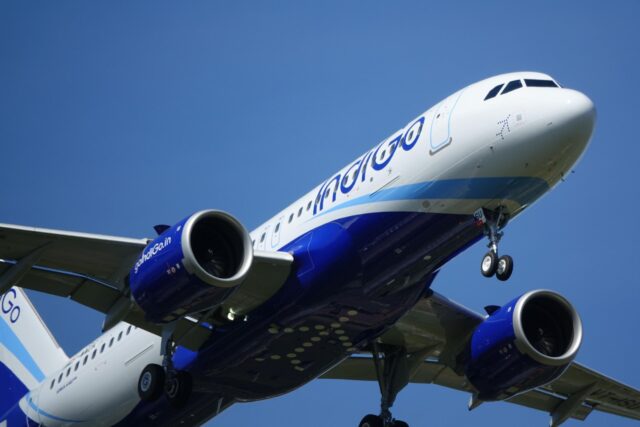Universal Air: Tackling the decrease in regional travel
While European aviation industry has rebounded from the pandemic and is now in a strong position for the 2024 summer season, there has been a notable decrease in aircraft options at smaller airports within the regional jet market.
Simon Cook, CEO of Universal Air – a new regional airline based in Malta providing both scheduled and charter services to passengers across Europe and North Africa – discusses the market and his plans for growth.

While European aviation industry has rebounded from the pandemic and is now in a strong position for the 2024 summer season, there has been a notable decrease in aircraft options at smaller airports within the regional jet market.
Simon Cook, CEO of Universal Air – a new regional airline based in Malta providing both scheduled and charter services to passengers across Europe and North Africa – discusses the market and his plans for growth.
What is driving the decrease in aircraft options at smaller airports in the regional jet market?
Simon Cook: This is largely driven by the economic challenges of operating regional jets. These include higher per-seat costs compared to larger aircraft and a general shift in the industry focus towards more profitable routes.
Additionally, there’s been a significant impact due to the phasing out of older, less efficient planes in favour of newer, larger models that aren’t always suited for smaller airports.
To address this, a multi-faceted approach is needed. One effective strategy could be encouraging partnerships with larger airlines through code-sharing agreements, which can extend their network’s reach while maintaining cost-efficiency.
Furthermore, investing in newer, more versatile regional aircraft that can operate economically on short-haul routes could revitalise service to these smaller airports. At Universal Air, we’re actively exploring these strategies to ensure that smaller communities remain connected and supported by our services.
Where are the weak points in the European aviation market?
One of the most significant weak points in the European aviation market is the dependency on major hubs, which can lead to congestion and limit growth opportunities for regional markets.
Additionally, the market faces regulatory challenges and environmental concerns, which demand substantial investments in sustainable practices but are crucial for long-term viability.
Moreover, there’s a pressing need to balance competitive pricing with rising operational costs, especially in the face of fluctuating fuel prices and economic uncertainties.
To mitigate these weaknesses, it’s essential for airlines to diversify their routes, invest in sustainable technologies, and enhance operational efficiencies through digital transformations.
What plans does Universal Air have for growth?
At Universal Air, our growth strategy is built around our commitment to being a leading regional European airline with a focus on quality services.
We plan to expand our fleet with ensuring we maintain as environmentally friendly as possible.
We are increasing our focus on innovation; we hope these new ideas will not only support our sustainability goals but also provide a better customer experience and allow us use new technologies to find efficiency in all we do.
We are also looking to increase our route offerings, particularly by identifying under-served destinations that align with our business model of connecting smaller communities to major hubs.
Additionally, we aim to enhance our digital presence to streamline the customer experience from booking to boarding, making travel more accessible and enjoyable.
Our focus on personalised engagement will drive our efforts to not just attract new customers but also retain them, fostering a sense of community and trust in our brand.
Subscribe to the FINN weekly newsletter
















